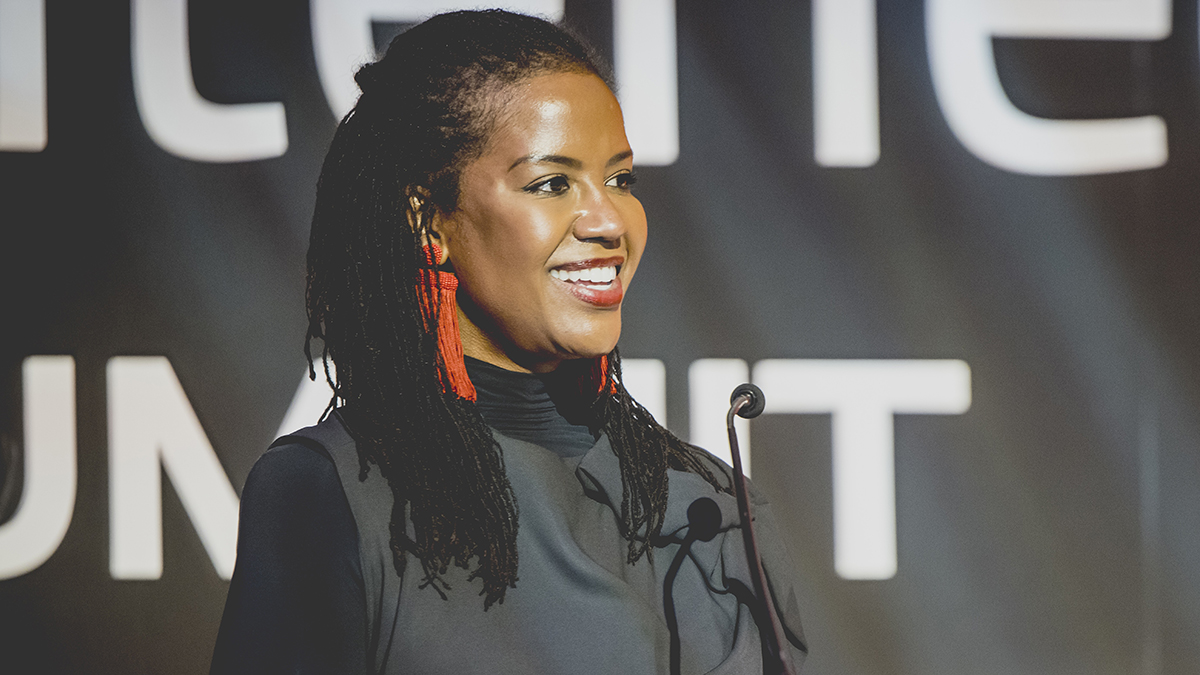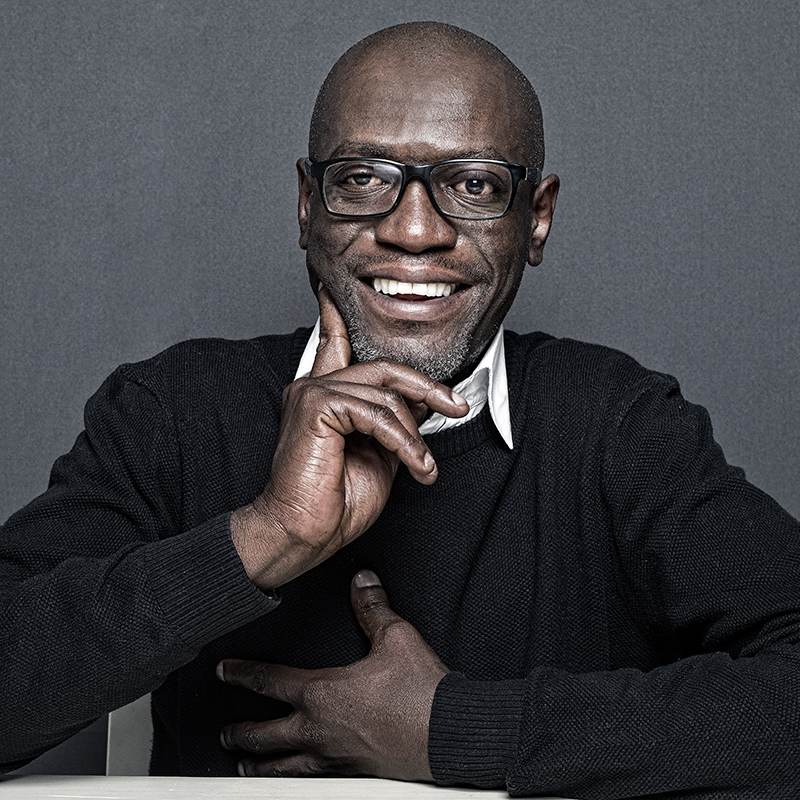Interledger pledges to stimulate African payments ecosystem

The Interledger Foundation, a non-profit dedicated to advancing digital financial inclusion, intends to offer further education grants to encourage Africa's next generation of innovators.
The organisation is also looking to provide additional funding to wallet projects in order to increase financial inclusion and generate opportunities for African entrepreneurs with unique ideas to stimulate innovation.
Interledger's CEO, Briana Marbury, shared the organisation's intentions for Africa on the sidelines of its annual Summit in Cape Town.
The Open Payments Summit gathered together experts, policymakers, and entrepreneurs developing fintech solutions to address the future of digital financial services.
The event also looked into methods to build a more responsible financial ecosystem and increase the use of open, interoperable payment technologies.
In an interview with ITWeb Africa, Marbury explained that the event acted as an annual gathering of the Interledger community, with the goal of assessing progress, presenting achievements, and encouraging network collaboration.
She said: “Every year we gather together to bring people in the ecosystem and Interledger community to talk about their work and what they have been doing, as well as show off what they have done over the past year and progress they have made. We also use it as time to build new partnerships.”
The Interledger Foundation is a US-based non-profit organisation dedicated to promoting across the globe digital financial inclusion and equal access to the digital economy through the development and promotion of the Interledger Protocol, a payment interchange standard.
Moving on to the organisation's near term plans. In Africa, Marbury said: “What is coming up is we want to establish more education grants, we want to bring more people who are the next generation of innovators and we also want to give more grants to (digital) wallets. We want to give opportunities to entrepreneurs on the continent with innovative ideas”
The Summit was also attended by 10 members of parliament (MPs )from eight African countries, including East, North, West, and Central Africa.
Legislators debated the role of policy and legislation in developing responsible, ethical, and Open Payments systems in Africa in pursuit of digital financial inclusion.
The MPs panel also looked into the benefits and drawbacks of implementing Open Payments, an open API standard that may be used by account servicing institutions like banks, digital wallet providers, and mobile money providers.
According to Interledger, it was crucial to include MPs in the conversations because the foundation wanted them to see the potential that might arise from having interoperable payment protocols that work.
Furthermore, Interledger said the payments sector needs help from legislators in building frameworks that would enable the evolution of technologies that support digital financial inclusion.
Tanzanian MP Neema Lugangira brought up the idea of improving digital banking services to empower women by eliminating intermediaries.
She additionally addressed the topic of financial literacy and fraud prevention programs aimed at women, which offer them with digital skills, financial management skills, and fraud detection training to help them avoid mobile money fraud.
Lugangira said: “You cannot imagine how much people are losing on fraud through mobile money. So we want to improve digital financial inclusion, we must have a dedicated programs to capacitate women. Provide them financial management skills and those of detecting fraud.”
Esther Passaris, a Kenyan MP, raised serious concerns about the rapid growth of fintech in her own country, highlighting the risks of easy credit availability, which could lead to debt crises.
She expressed concern about slow regulatory response to fintech advances, advocating for stronger regulatory frameworks and improved data protection safeguards.
